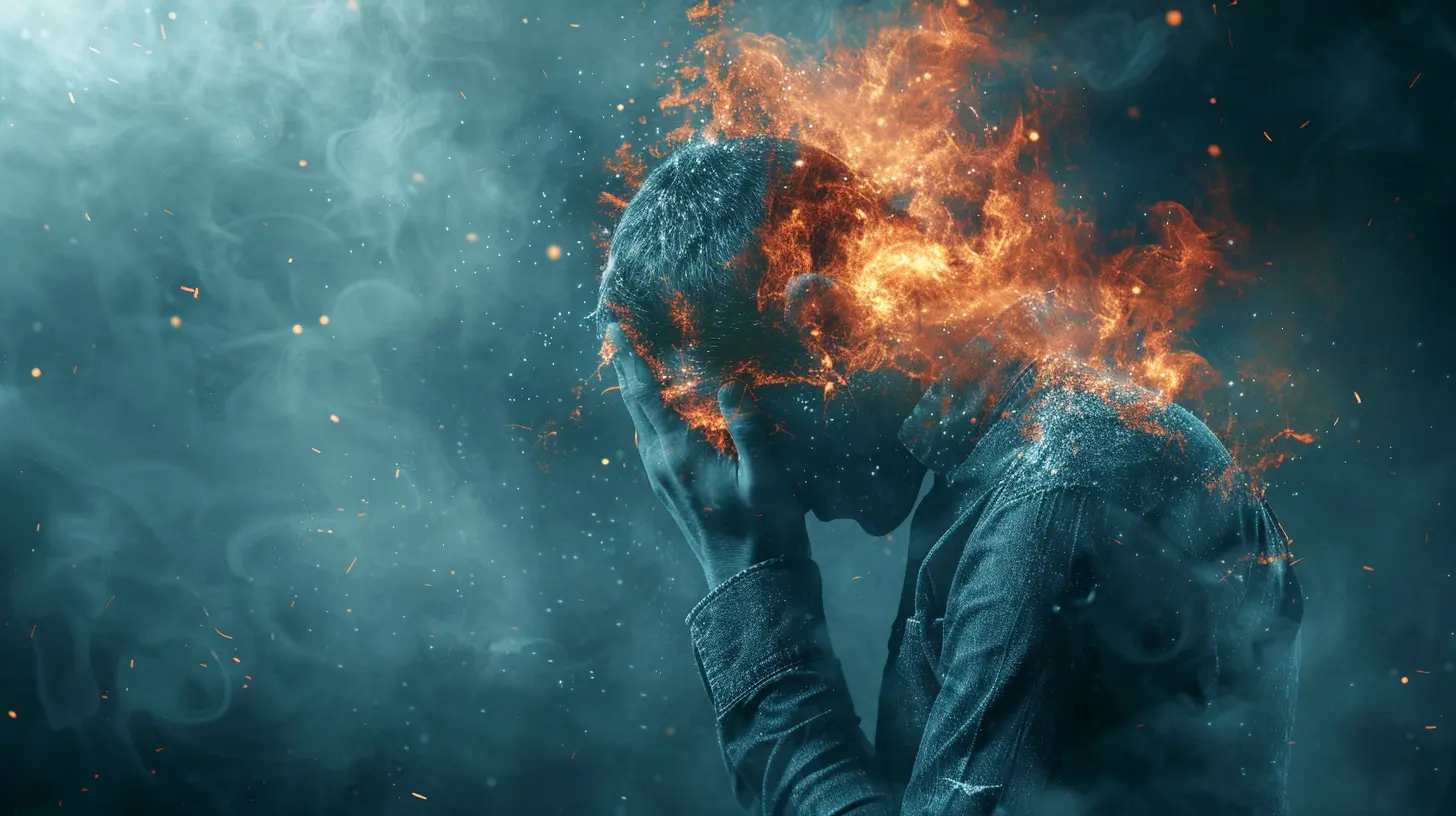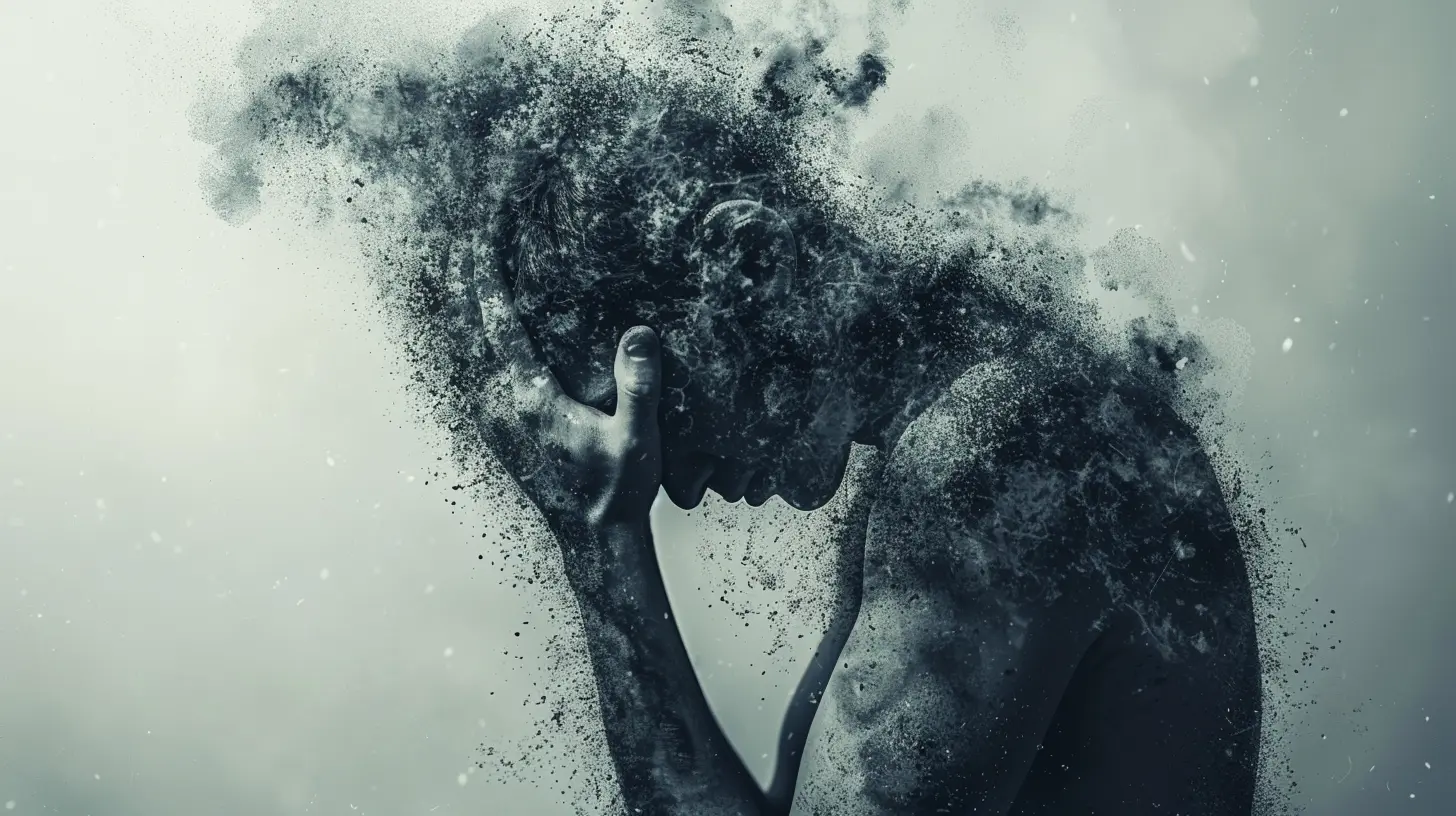Understanding Complex Trauma: When It’s More Than Just One Event
25 November 2025
Trauma isn’t always about one specific event. Sometimes, it builds up over time, shaping a person’s emotional and psychological well-being in ways that aren't immediately clear. This is what we call complex trauma—a deep, layered experience that goes beyond a single distressing moment.
But what exactly happens when trauma is ongoing? How does it shape our minds, emotions, and even our bodies? And most importantly, how can we heal? Let’s break it down in a way that makes sense. 
What is Complex Trauma?
Most people think of trauma as a single, life-altering event—a car accident, a natural disaster, or a violent attack. While these are certainly traumatic, complex trauma works differently.Complex trauma develops from prolonged exposure to distressing experiences, especially during childhood. It’s the kind that lingers, shaping how someone interacts with the world, their relationships, and even their sense of self-worth.
This type of trauma is often caused by:
- Chronic abuse (physical, emotional, or sexual)
- Neglect during childhood
- Living in unpredictable, fear-inducing environments
- Growing up with a caregiver who is emotionally unavailable
- Experiencing prolonged bullying or social rejection
Essentially, if someone’s world feels unsafe over an extended period, their brain and body adapt to survive. Unfortunately, these adaptations often come with long-term emotional and psychological consequences. 
How Complex Trauma Affects the Brain
Our brains are wired to protect us from danger. When trauma is short-lived, the brain reacts accordingly—activating the fight-or-flight response and then returning to normal once the threat is gone. But when someone faces chronic stress and fear, the brain stays in high-alert mode.Key Brain Areas Affected by Complex Trauma:
🧠 Amygdala – The Fear Center
- Becomes hypersensitive, triggering constant anxiety and overreactions to stress.- Even harmless situations can feel threatening.
🧠 Hippocampus – Memory & Learning
- Struggles with distinguishing past trauma from present experiences.- Makes it hard to feel “safe” even when the danger is long gone.
🧠 Prefrontal Cortex – Emotional Regulation
- Weakens, making it difficult to control emotions, manage stress, or think rationally.- Leads to impulsiveness, sudden emotional outbursts, or difficulty making decisions.
When trauma rewires the brain in this way, everyday situations can feel overwhelming, even if they seem minor to others. 
The Emotional & Psychological Impact of Complex Trauma
People with complex trauma often develop patterns of self-protection that, while useful in the past, can become harmful in adulthood.1. Emotional Dysregulation
Ever feel completely fine one moment, then suddenly overwhelmed with anger, sadness, or fear the next? That’s emotional dysregulation. The brain struggles to manage emotions, causing intense mood swings.2. Difficulty Trusting Others
When trauma is caused by people who are supposed to provide love and safety (like parents, caregivers, or partners), it’s hard to trust anyone. Many survivors develop avoidant or anxious attachment styles, making relationships complicated.3. Persistent Shame & Low Self-Worth
People with complex trauma often feel like they are not enough, even when there's no clear reason why. This internalized guilt and shame come from years of emotional neglect or abuse.4. Hypervigilance & Anxiety
Does your brain always seem “on edge”? That’s hypervigilance—constantly scanning for danger, even in safe situations. It’s exhausting and can make social interactions stressful.5. Dissociation & Feeling Disconnected
For some, the brain’s way of coping is checking out. This can feel like:- Daydreaming excessively
- Feeling emotionally numb or detached
- Not remembering chunks of time
Dissociation helps the mind escape pain, but it can also create a sense of disconnection from reality. 
The Link Between Complex Trauma and Mental Health Disorders
Complex trauma isn’t just a difficult past—it often leads to mental health struggles that last into adulthood. Some common conditions include:✔️ Post-Traumatic Stress Disorder (PTSD) & Complex PTSD (C-PTSD)
- Unlike regular PTSD, C-PTSD includes deep-rooted shame, guilt, and trust issues.- Flashbacks, nightmares, and emotional dysregulation are common symptoms.
✔️ Anxiety & Panic Disorders
- Chronic hypervigilance and fear can lead to generalized anxiety disorder (GAD) and panic attacks.✔️ Depression & Persistent Hopelessness
- It’s exhausting carrying emotional wounds for years, which is why many trauma survivors struggle with lifelong depression.✔️ Borderline Personality Disorder (BPD)
- Research suggests a strong link between childhood trauma and BPD, leading to emotional instability, fear of abandonment, and impulsive behaviors.✔️ Substance Abuse & Addiction
- Many people with complex trauma turn to alcohol, drugs, or other addictions to cope with emotional pain.Healing From Complex Trauma: Is It Possible?
Absolutely. Healing from complex trauma isn’t easy, but it is 100% possible with the right tools and support.1. Therapy & Professional Help
If you struggle with the aftereffects of trauma, therapy can be life-changing. Some effective approaches include:- Trauma-Focused Cognitive Behavioral Therapy (TF-CBT) – Helps reframe negative thought patterns.
- Eye Movement Desensitization and Reprocessing (EMDR) – A powerful tool for processing deeply stored trauma.
- Somatic Therapy – Focuses on healing through body awareness and movements.
2. Mindfulness & Grounding Techniques
Since trauma disconnects you from the present, mindfulness helps bring you back. Try:- Deep breathing exercises
- Meditation
- Sensory grounding (holding something cold, listening to calming music, etc.)
3. Building Safe Relationships
Healing happens in safe relationships. Finding people who support and understand you—whether through therapy, friends, or online communities—can rebuild trust.4. Developing Self-Compassion
Instead of blaming yourself for your trauma responses, practice self-kindness. Trauma doesn’t define you, and healing starts by acknowledging your pain without judgment.5. Healthy Lifestyle Habits
Taking care of your body helps your mind.- Regular exercise reduces stress.
- A balanced diet supports mental health.
- Consistent sleep helps regulate emotions.
Final Thoughts
Complex trauma is more than just a single painful memory—it’s an experience that shapes an entire way of being. While it might feel overwhelming at times, remember this: trauma is not your fault, and healing is possible.It takes time, effort, and support, but you are not broken. You are a survivor, and with the right tools, you can reclaim your life.
all images in this post were generated using AI tools
Category:
Psychological TraumaAuthor:

Ember Forbes
Discussion
rate this article
1 comments
Roxanne Chapman
Ah, complex trauma! It’s like finding a hidden layer cake of emotions, where each slice reveals a different flavor of experience. Who knew mental health could be such a multi-layered dessert? Let’s dig in and savor every crumb of understanding!" 🍰🧠
November 25, 2025 at 3:43 PM

Ember Forbes
Absolutely! Complex trauma truly is a multifaceted experience—each layer offering insights into our emotional landscape. Let’s savor the journey of understanding together! 🍰🧠


